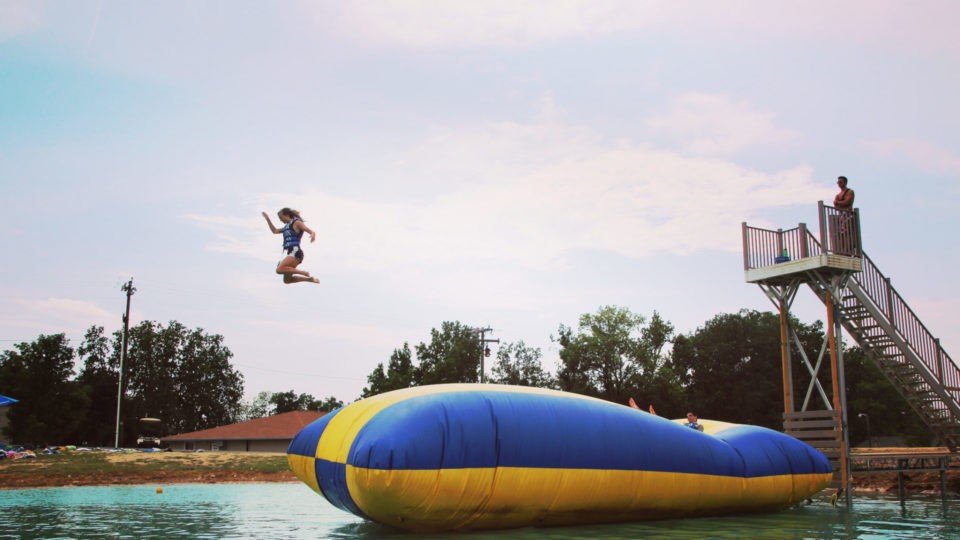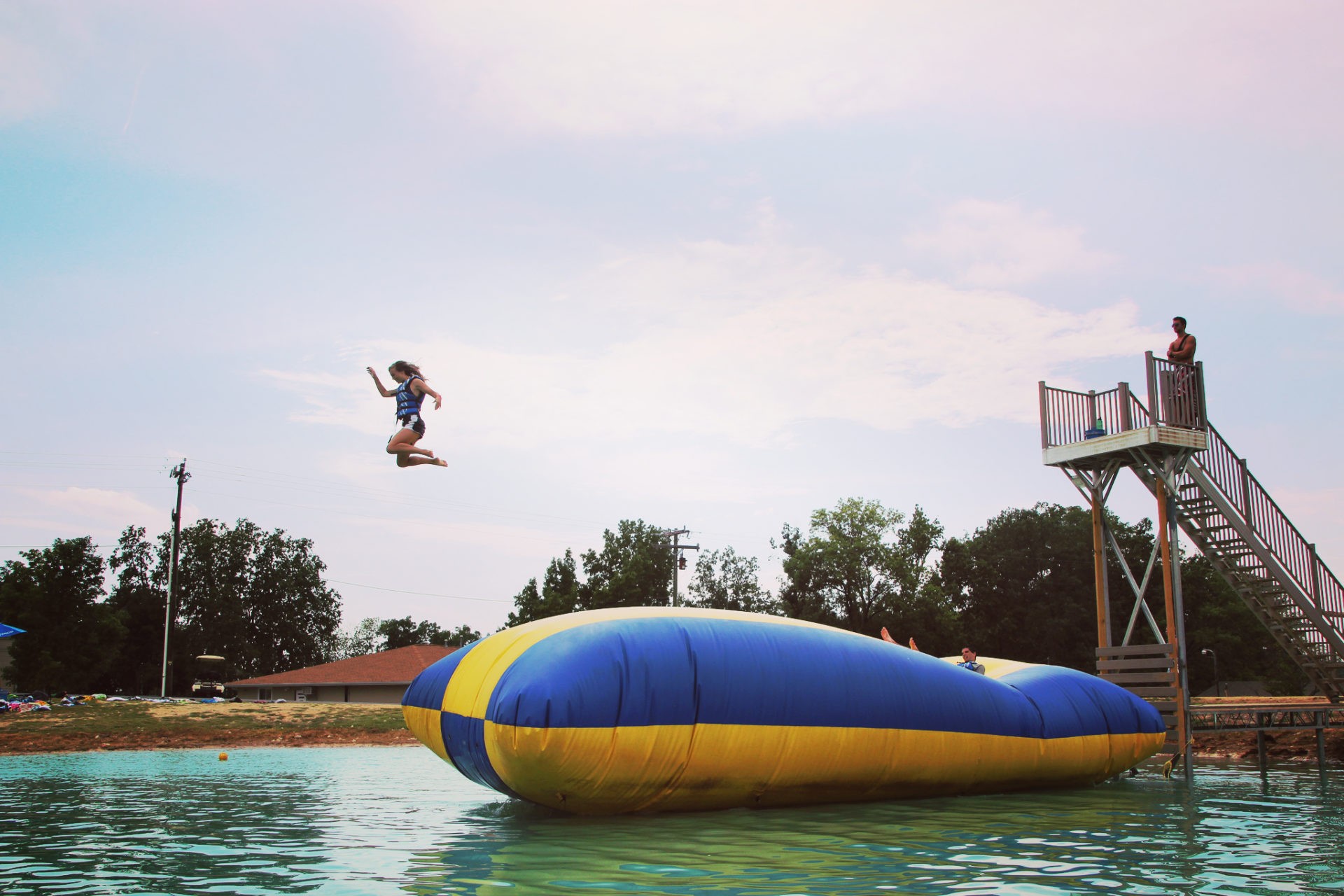How to Capitalize on “Camp Highs”: A CCYM Summer Resource

 Summer is winding down, and soon all the students we have spent the summer building relationships with will head back to school. So, the question is: how do we best capitalize on the events of the summer to help our students make long-term, life-changing experiences, not allowing them to just have “camp-high” experiences?
Summer is winding down, and soon all the students we have spent the summer building relationships with will head back to school. So, the question is: how do we best capitalize on the events of the summer to help our students make long-term, life-changing experiences, not allowing them to just have “camp-high” experiences?
- Raise an Ebenezer. Samuel took a large stone and placed it between the towns of Mizpah and Jeshanah. He named it Ebenezer – the stone of help – for he said: “Up to this point the Lord has helped us!” (1 Samuel 7:12). Place a reminder of where God worked this summer in your youth room. It could be a picture, something signed by everyone who went or a stone from the campground. The visual reminder of a time where God spoke to them will help students to remember the events of this summer.
- Inform the adult teachers and volunteers, who didn’t attend the events, of the decisions made. There are a variety of reasons why all of your adult volunteers cannot attend events in the summer. Making sure they know which students made decisions lets them be a part of the follow-up, discipleship process. They can also let the students know that they are praying for them.
- Evaluate your ministry. Do you have the pieces in place to assist your students in keeping the commitments they made this summer? Did you have students called to ministry this year? What systems do you have in place to help these students develop their leadership ability? Is there a structure to help them find their passion and burden, and develop a ministry? Do you have a system for discipling new converts?
- Plan a Baptism Celebration. Baptism is a time for students to publicly affirm the decision they made to follow Christ. Plan a day where you can celebrate. Every major life event is celebrated: birthdays, graduation, getting a license, etc. Plan a day where you can celebrate this major life event as well. Invite their family and friends. Have a meal. Serve cake and ice cream. Throw a party and celebrate the public recognition of the most important decision a person can ever make in life.
- Invite the entire church to pray for them. All great movements by God have been preceded by prayer. That is one of the key factors in why God moved in them at camp, because you where praying for them. For our students to continue to allow God’s presence to be active in the lives here at home, we must pray as hard as – no probably harder than – we did for them while they were away. At camp the distractions of life are less than they are at home. Make a list of the students in your ministry and distribute it to the Sunday school classes. Ask them to pray daily for the students in the ministry.
- Incorporate some of the camp songs into your worship time. This will serve as a reminder to your students of their camp experience and how God spoke to them while they were there. Music is a powerful reminder of past life events. We all experience this every time that certain song is played on the radio it reminds us of our high school sweetheart since it was “our song.” Songs, whether they are “Greater is He,” “Jesus Paid it All,” “Man of Sorrows” or “In Christ Alone,” speak our heart language and remind us of times when God moved in our lives, and it never hurts to be reminded of that. (Check out this summer’s worship playlist here!)
I know the camp experience will fade away – it always does – and, honestly, it needs to. It needs to be replaced with a consistent discipleship plan. It needs to be replaced with programs and opportunities that will challenge students in the faith all year round, so they will not be dependent solely on feelings and emotions. The hard work begins now that we are home; as we try to figure out how to live this new commitment in the midst of the confines of the old world in which we live.
